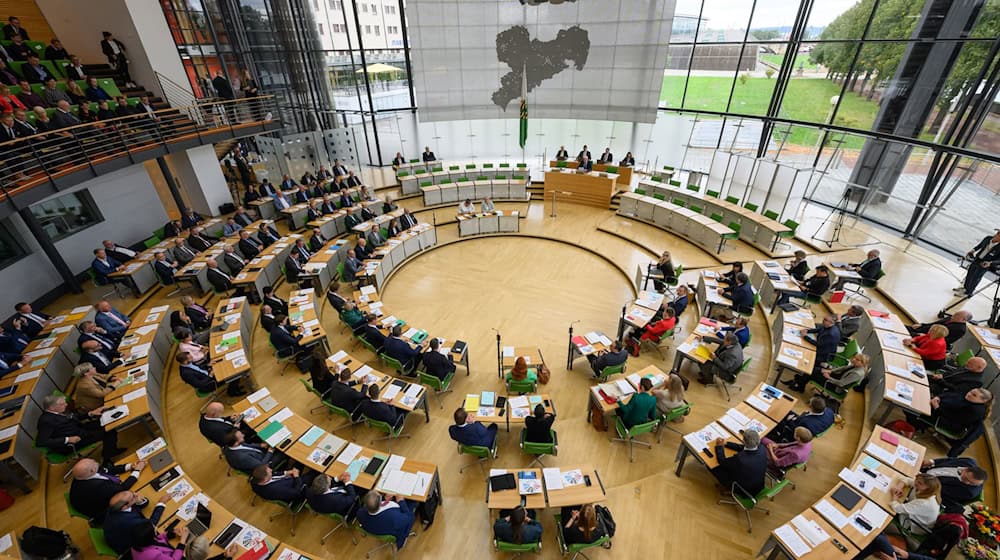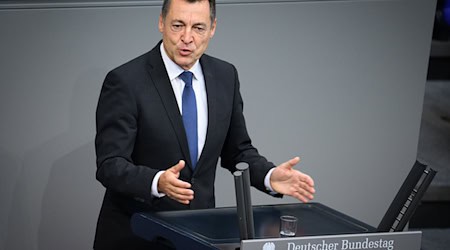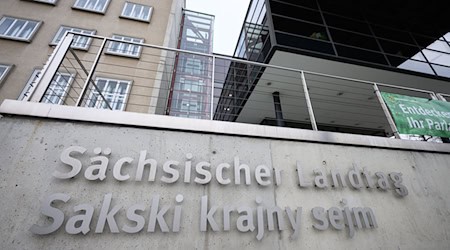The Saxon state parliament has adopted new rules of procedure, paving the way for a fourth vice president. The post was previously controversial; in the last legislature, the parliament managed with three vice-presidents, previously even with just two.
The SPD had originally proposed that all six parliamentary groups should have such an office, thereby adopting the rules of the Bundestag. However, it was unable to get its way with this, at least it can now provide the fourth Vice-President.
AfD criticizes additional state parliament vice president
Representatives of the AfD once again spoke out against the additional post in the debate on the rules of procedure. Its practical significance is close to zero, but costs the taxpayer a lot of money, explained Jan Zwerg, Parliamentary Secretary of the AfD parliamentary group. The post sends the "wrong signal" to the population and cannot be communicated. AfD parliamentarian André Barth calculated that an additional vice-president position would cost the taxpayer around 969,000 euros over five years.
The background to this is the privileges of a vice-president of the state parliament: He is not only entitled to one and a half times the salary of a normal member of parliament. There is also a monthly expense allowance, a personal company car with driver and a secretary.
The head of the SPD parliamentary group made it clear that the remuneration of the deputy post could still be discussed. Changes must be regulated in the state's MP law, for which there is a deadline of nine months.
Debates in the state parliament to become livelier
The new rules of procedure regulate some new procedures. In addition to interposed questions, interjections are now also permitted in order to enliven the debate. Previously, a specific question was required. The agenda item "Questioning the state government" is to be streamlined, and it will also be possible for MPs to ask follow-up questions.
The innovation met with general approval. Until now, MPs had used the questioning to explore the food on offer in the canteen, said Green politician Valentin Lippmann, recalling boring rounds of questions. At the same time, he dampened expectations with a view to lively debates in the UK: "Dresden is not the Westminister and will never become the Westminister."
The CDU, Alliance Sahra Wagenknecht (BSW) and SPD parliamentary groups had jointly tabled the motion on the new rules of procedure. They could one day form the new government in Saxony, but are still in the "familiarization talks" phase.
Several amendments from the ranks of the AfD and the Left Party as well as a motion from non-attached MP Matthias Berger, who sits in the state parliament for the Free Voters, fell through.
Landtag adopts an amendment tabled by the Greens
In contrast, an amendment tabled by the Greens in view of the turbulence in the constituent session of the Thuringian Landtag on September 26 was approved. There, the old-age president from the AfD had put the brakes on the procedure. In future, the state parliament will exercise its full procedural rights at the beginning of the constituent session.
In these days, no debate on new rules of procedure can be held without looking at the low point of German parliamentarianism in the neighboring state of Thuringia, said Valentin Lippmann. "Thuringia has shown what happens when the AfD gains power in a federal state".
Copyright 2024, dpa (www.dpa.de). All rights reserved




